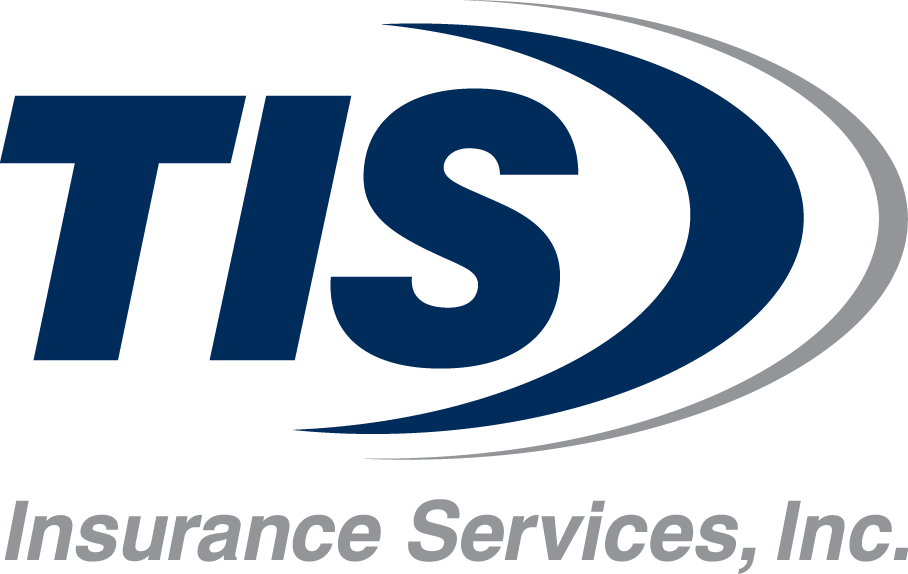Long-Term Disability
Insurance
Long-Term Disability Insurance | Protecting Your Income When Life Takes a Turn
Long-term disability (LTD) insurance is a financial safety net that protects your income if you cannot work due to illness or injury for an extended period. Unlike short-term disability, which typically kicks in after a few weeks and lasts for a few months, LTD benefits can continue for years, even until retirement age.
If you cannot work due to a long-term illness or injury, your financial responsibilities do not stop. Mortgage payments, household bills, and daily expenses can quickly add up, putting a significant strain on your savings. Long-Term Disability Insurance provides a source of income replacement, helping you manage your finances and maintain your quality of life during a challenging time.
Considerations When Choosing Long-Term Disability (LTD) Insurance
When selecting a Long-Term Disability Insurance policy, consider the following questions:
PREMIUM BASIS
Coverage amount and income replacement percentage
Occupation and risk associated with your job
Age and health condition
Benefit period and waiting period
Policy customization and additional features
Key Features of Long-Term Disability Insurance
- Income Replacement
- Benefit Period
- Elimination Period
- Partial Disability Benefits
- Cost of Living Adjustments (COLA)


Why Long-term disability (LTD) insurance
Long-term disability (LTD) insurance is crucial for protecting your income in the event that an illness or injury prevents you from working for an extended period. It provides a steady income replacement, ensuring financial stability while you focus on recovery. LTD insurance helps cover essential expenses like medical bills, mortgages, and everyday living costs, offering peace of mind knowing that you won’t have to face financial strain during challenging times.
Types of Long-Term Disability Insurance
Long-term disability (LTD) insurance comes in various forms, each designed to cater to different needs and circumstances. Understanding these types can help you choose the most suitable coverage for your situation.

Group Long-Term Disability Insurance
Employers typically offer group LTD insurance as part of the employee benefits package. These policies cover a group of individuals under a single contract, often providing basic coverage at a lower cost compared to individual policies.
Key Features:
- Cost-Effective: Premiums are generally lower because the risk is spread across a larger group.
- Convenience: Enrollment is often automatic, making it easy for employees to obtain coverage without undergoing individual underwriting.
- Limited Customization: Coverage terms are set by the employer and may not be tailored to individual needs.
- Portability: Coverage usually ends when employment is terminated, although some policies offer conversion options to individual plans.
Ideal For:
- Employees who want basic LTD coverage at a reduced cost.
- Individuals who may not qualify for individual policies due to health issues.

Individual Long-Term Disability Insurance
Individual LTD insurance is purchased independently by an individual rather than through an employer. These policies offer more flexibility and customization, making them suitable for those with specific needs or those without access to group coverage.
Key Features
- Customization: Policies can be tailored to fit individual needs, including benefit amount, waiting period, and benefit period.
- Portability: Coverage remains in place regardless of employment changes.
- Underwriting: Requires medical underwriting, which can result in higher premiums for those with health issues.
- Stable Premiums: Premiums are often locked in at the time of purchase and do not change over the policy term.
Ideal For:
- Self-employed individuals or freelancers.
- Those seeking more comprehensive and customized coverage.
- Employees without access to group LTD insurance.

Supplemental Long-Term Disability Insurance
Supplemental LTD insurance provides additional coverage to enhance an existing group policy. This type of insurance is useful for those who find their group coverage insufficient and wish to increase their benefit levels.
Key Features:
- Enhanced Coverage: Supplements the benefits provided by a group policy, often raising the income replacement percentage.
- Flexibility: Allows policyholders to customize additional coverage to better meet their financial needs.
- Employer-Sponsored or Individual: This can be offered through an employer or purchased individually.
Ideal For:
- Employees with group LTD coverage who need higher benefit levels.
- Individuals looking to bridge the gap between their current coverage and their financial needs.

Own-Occupation vs. Any-Occupation Policies
Own-Occupation offers benefits when one is unable to perform the duties of the specific occupation, even if one can work in another capacity. It is typically more expensive due to the broader definition of disability.
Ideal For:
- Ideal for professionals with specialized skills, such as doctors, lawyers, or executives, whose inability to perform their specific job can result in significant income loss.
- Any occupation provides benefits only if you are unable to perform the duties of any job for which you are reasonably qualified by training, education, or experience. It is generally less expensive due to the narrower definition of disability.
- It is suitable for those looking for more affordable coverage and who are comfortable with the stricter criteria for receiving benefits.

High-Limit Disability Insurance
High-limit disability insurance is designed for high-income earners who require a higher level of income replacement than standard policies offer. These policies provide additional benefits beyond the typical maximum limits of standard LTD policies.
Key Features:
- Higher Benefits: Offers a higher percentage of income replacement, often up to 75-80% of pre-disability earnings.
- Custom Solutions: Policies can be customized to address the unique needs of high-income individuals.
- Supplementary: Often purchased in addition to standard group or individual LTD policies.
Ideal For:
- High-income professionals, such as executives, surgeons, or business owners who, need to protect a significant income.
- Individuals seeking more comprehensive financial protection.

Specialty-Specific Disability Insurance
Specialty-specific disability insurance is tailored for professionals in specific fields who require coverage that addresses the unique risks and demands of their occupations.
Key Features:
- Tailored Coverage: Designed to meet the specific needs of professionals in fields like medicine, law, or athletics.
- Occupation-Specific Definitions: Policies may offer own-occupation definitions that are specific to the policyholder’s specialty.
- Higher Premiums: Due to the specialized nature of the coverage, premiums can be higher.
Ideal For:
- Medical professionals, including doctors and dentists.
- Legal professionals, such as attorneys and judges.
- Athletes and performers whose careers depend on their physical abilities.
Key Components of Long-Term Disability Insurance

Benefit Amount
This is the monthly payment you will receive if you become disabled. It is usually a percentage of your pre-disability income, often ranging from 50% to 70%.

Elimination Period
This is the waiting period prior to the beginning of benefits, typically ranging from 30 to 180 days. Choosing a longer elimination period may reduce your premium but requires you to rely on savings or other insurance in the interim.

Benefit Period
This determines how long the LTD benefits will continue to be paid in case of a disability. It can range from two years to age 65 (retirement age).

Residual Benefits
Some policies offer partial benefits if one can work part-time or perform some job duties, providing financial support. At the same time, they transition back to full employment.

Own Occupation vs. Any Occupation
Own occupation benefits pay out if you can’t perform your specific job due to disability.
Any occupation benefits pay out if you can’t perform any job for which you are qualified based on your education and experience. Own occupation” is generally more desirable but comes with stricter requirements for claiming benefits.

Non-Cancelable vs. Guaranteed Renewable
A non-cancelable policy guarantees that your premiums will not increase, while a guaranteed renewable policy ensures that your coverage cannot be canceled as long as you pay premiums, though premiums may increase.

Income Protection
Long-term disability (LTD) insurance provides vital financial protection by replacing a portion of your income if you become unable to work due to a serious illness or injury. Without this coverage, you could face significant financial hardship while focusing on recovery. LTD ensures that you can maintain financial stability and continue to cover essential expenses, such as bills, rent, or mortgage payments, even when you’re unable to work.

Security and Peace of Mind
The unpredictable nature of illness or injury makes LTD insurance a critical safeguard. Knowing you have coverage in place to support you during long-term recovery gives you peace of mind. It allows you to focus on your health and well-being without the added stress of financial worries.

Long-Term Financial Stability
Unlike short-term disability insurance, which covers a limited period, LTD insurance offers coverage for extended durations, often up to retirement age. This ensures long-term financial security, helping to protect your quality of life if a disabling condition prevents you from working for months or even years.

Affordable Protection with Comprehensive Coverage
At TIS Insurance Services, we offer long-term disability (LTD) insurance that provides comprehensive coverage at affordable rates. Our policies are designed to replace a portion of your income if illness or injury prevents you from working for an extended period, ensuring you remain financially secure. With access to top-rated insurers, we deliver tailored solutions that offer maximum value without compromising on protection.
Why Long-term Disability (LTD) Insurance Matters
Long-Term Disability Insurance
Frequently Asked Questions (FAQs)
What is covered by long-term disability insurance?
Long-term disability insurance covers a percentage of income when someone is unable to work due to a qualifying disability. This includes illnesses, injuries, and chronic conditions that prevent you from performing your job duties.
Who pays for long-term disability insurance?
Premiums for long-term disability insurance can be paid by individuals or provided by employers as part of an employee benefits package. Some employers may cover the full cost, while others may share the cost with employees.
How do I file a claim for long-term disability benefits?
To file a claim, you need to notify your insurance carrier and provide medical documentation supporting your disability. The insurer will review your claim and determine eligibility based on your policy terms.
Who needs long-term disability insurance?
Long-term disability insurance is essential for anyone who earns an income. This includes employees, self-employed individuals, and business owners. If losing your income due to a disability would significantly impact your financial stability, you should consider this coverage.
What conditions are typically covered by long-term disability insurance?
Common conditions include musculoskeletal disorders, cancer, cardiovascular diseases, mental health disorders, injuries, and chronic illnesses. Each policy may have specific exclusions and limitations, so it’s important to review your policy details.
How does long-term disability insurance differ from short-term disability insurance?
Short-term disability insurance covers disabilities lasting a few weeks to a few months, typically up to six months. Long-term disability insurance covers disabilities that extend beyond the short-term period, often for several years or until retirement age.
Can long-term disability insurance be customized to fit specific needs?
Yes, long-term disability insurance policies can be tailored to address your specific needs. This includes adjusting benefit amounts, elimination periods, and benefit periods, and adding riders for additional coverage options.
Are long-term disability benefits taxable?
If you pay the premiums with after-tax dollars, the benefits are usually tax-free. However, if your employer pays the premiums or you pay with pre-tax dollars, the benefits may be taxable.
Can long-term disability insurance be used alongside other types of insurance?
Yes, long-term disability insurance can complement other insurance types, such as health insurance and life insurance, to provide a comprehensive financial safety net. It ensures income replacement while you manage your medical expenses and other financial obligations.
How can I determine the appropriate coverage amount for long-term disability insurance?
Assess your monthly expenses and financial obligations to determine how much income you would need to replace. Consider factors such as mortgage or rent, utilities, groceries, and other essential costs. Consulting with an insurance expert can help you choose the right coverage amount.
What happens if I recover and return to work?
If you recover and return to work, your benefits will cease. However, some policies offer residual benefits if you can only return to work part-time or in a reduced capacity, helping you transition back to full employment.


